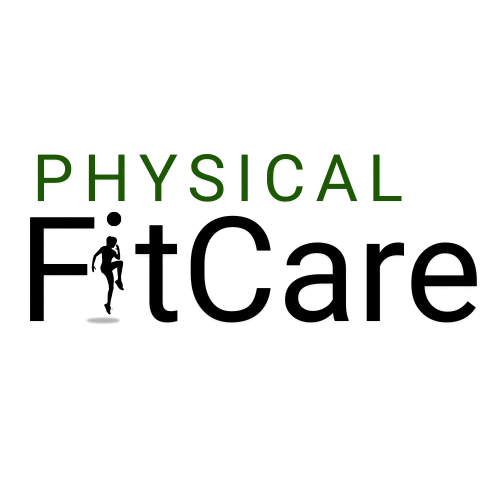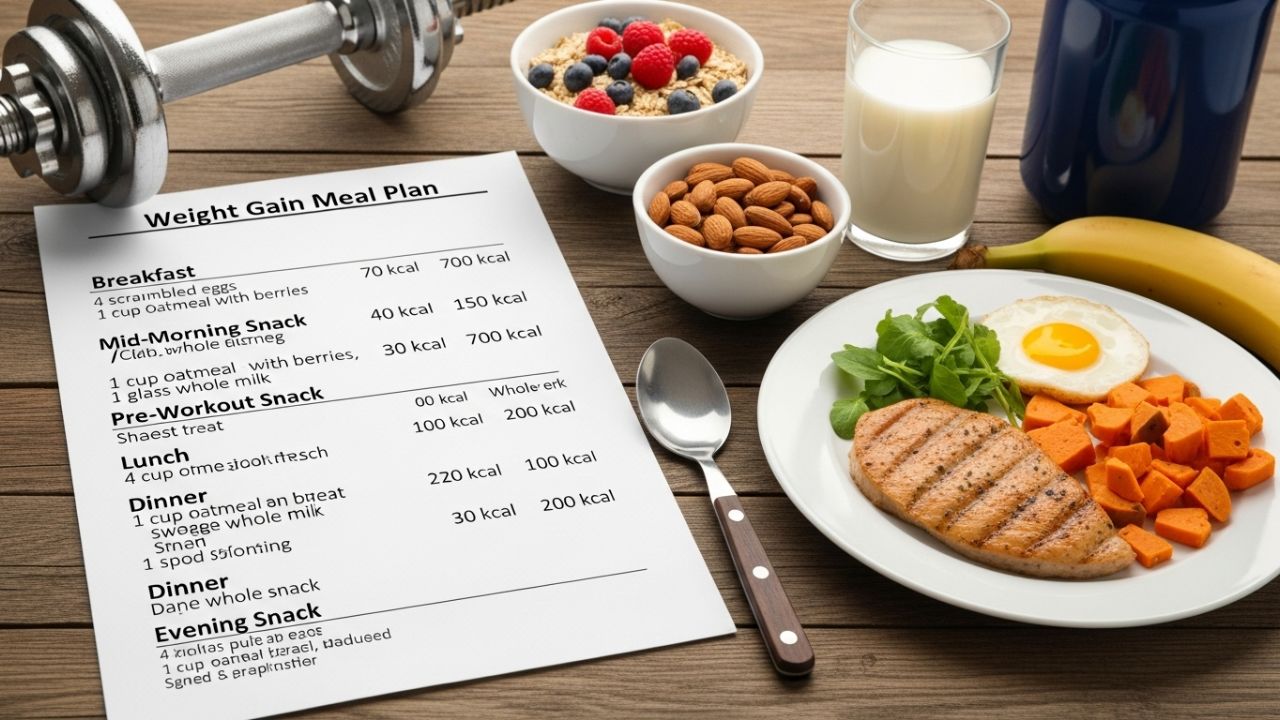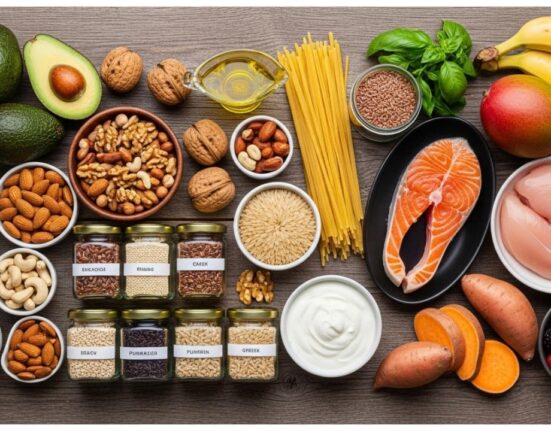Are you ready to transform your body? Whether your goal is to gain weight, pack on muscle, or simply improve your overall fitness, a well-structured gym diet plan is the single most important factor. While exercise breaks down muscle fibers, it’s a strategic diet that rebuilds them, making them bigger and stronger. This comprehensive guide will walk you through the science of nutrition for fitness, providing you with a detailed and actionable gym diet plan to help you achieve your goals.
Why Do You Need a Gym Diet Plan for Weight Gain?
You can lift weights for hours, but without the right fuel, your body will never change. Think of your body as a high-performance car; you wouldn’t put low-grade fuel in a Ferrari and expect it to win a race. The same goes for your body. The food you eat provides the essential macronutrients—protein, carbohydrates, and fats—that dictate your energy levels, muscle growth, and recovery.
- Protein: The Building Blocks. This is the star of any fitness diet. Protein is made of amino acids, which are the building blocks of muscle tissue. “During exercise, your muscles experience small micro-tears in their fibers, which is a natural part of the growth and repair process. A high-protein diet provides the necessary resources to repair these tears, leading to muscle growth.
- Carbohydrates: The Energy Source. Carbohydrates are your body’s primary fuel. They are converted into glucose, which is stored in your muscles and liver as glycogen. This is what powers your workouts. Eating enough carbs ensures you have the energy to perform at your best, pushing through those last few reps.
- Fats: The Hormone Regulators. Healthy fats are essential for hormone production, including testosterone, which is vital for muscle growth. They also aid in nutrient absorption and provide a dense source of energy.
Building Your Ideal Gym Diet Plan for Muscle Gain
This detailed gym diet plan for muscle gain is designed for an individual who is regularly working out and needs to fuel their body for growth. The key is consistency and ensuring every meal serves a purpose.
Meal 1: The Breakfast of Champions (7:00 AM)
The first meal you eat shapes your energy and focus for the day ahead. It should be rich in both protein and complex carbohydrates to kick-start muscle repair and provide sustained energy.
Option A: The Classic Power Breakfast
-
- 5 Whole Eggs: An excellent source of high-quality protein and healthy fats.
- 1 cup of Oatmeal: Provides slow-digesting complex carbs to keep you full and energized. Top with a handful of almonds for added healthy fats.
- 1 Glass of Milk: Adds extra protein and calcium for bone health.
Option B: The Quick & Easy Smoothie
-
- 2 Scoops of Whey Protein Powder: A fast-absorbing protein source.
- 1 cup of Oats: Blends easily and provides carbs.
- 1 Banana: A good source of potassium and quick carbs.
- 1-2 tablespoons of Peanut Butter: For a dose of healthy fats and extra calories.
- 1.5 cups of Milk or Water.
Meal 2: Mid-Morning Power Snack (10:00 AM)
This snack prevents a drop in energy and keeps your metabolism running.
- 1 Greek Yogurt (full-fat): Rich in protein and a good source of probiotics.
- 1 Apple or Pear: Provides natural sugars and fiber.
- A handful of Walnuts or Cashews: Healthy fats and a good source of calories.
Meal 3: Lunchtime Refuel (1:00 PM)
Lunch is a crucial meal to replenish your energy stores and provide a significant dose of protein.
Option A: The Chicken & Rice Combo
-
- 200g Grilled Chicken Breast: Lean protein to support muscle repair.
- 1.5 cups of Brown Rice: A staple for complex carbs.
- A Large Side Salad: With a variety of vegetables like spinach, tomatoes, and cucumbers for vitamins and minerals.
Option B: The Fish & Quinoa Bowl
-
- 200g Baked Salmon or Tuna Steak: A fantastic source of protein and heart-healthy omega-3 fatty acids.
- 1 cup of Quinoa: A complete protein and carb source.
- Steamed Broccoli and Carrots.
The 10 kg Weight Gain Diet Chart: A Strategic Approach
Gaining a significant amount of weight, especially in the form of muscle, requires a focused approach. This 10 kg weight gain diet chart is built on the principle of a consistent caloric surplus. This means you need to eat more calories than your body burns each day. The quality of these calories matters immensely.
Meal 4: Pre-Workout Fuel (4:00 PM)
Eat this meal 60-90 minutes before your workout to ensure you have enough energy.
- 1 Medium Sweet Potato (baked): A perfect source of slow-digesting carbs.
- 1 Banana: For a quick energy boost.
- 2 tablespoons of Almond Butter: Provides healthy fats and protein.
Meal 5: Post-Workout Recovery (6:30 PM – 7:00 PM)
This is the most critical meal of the day. Your muscles are primed to absorb nutrients, so a combination of fast-digesting protein and carbohydrates is essential.
- Post-Workout Shake: 1 scoop of Whey Protein mixed with water and a simple carb source like dextrose or a banana. Within 60-90 minutes of your shake, eat a whole-food meal:
- 200g Lean Beef Steak or Ground Turkey: Packed with protein and iron.
- 1 cup of Whole Wheat Pasta or Brown Rice.
- A large serving of mixed vegetables.
Meal 6: The Dinner Feast (9:00 PM)
Your last major meal of the day.
- 250g Chicken or Fish: You can’t get enough protein!
- 1 cup of Lentils or Black Beans: Excellent sources of protein and fiber.
- A large salad or roasted vegetables.
Meal 7: The Overnight Feeder (10:30 PM)
Before bed, a slow-digesting protein source can prevent muscle breakdown while you sleep.
- 1 cup of Cottage Cheese: Contains casein protein, which digests slowly.
- A handful of nuts (cashews or almonds) or a scoop of casein protein powder.
Optimizing Your Gym Meal Plan: Pro-Tips for Success
- Stay Hydrated: Drink at least 3-4 liters of water a day. Water is essential for muscle function and nutrient transport.
- Track Your Intake: Use a food tracking app for at least the first few weeks to understand your caloric and macronutrient intake. This is key to ensuring you’re in a caloric surplus.
- Be Patient: Gaining muscle takes time. Don’t get discouraged if you don’t see results immediately. Aim for a steady gain of 0.5-1 kg per week.
- Don’t Fear Fats: Healthy fats from avocados, seeds, nuts, and olive oil fuel your body and protect your cells. They are calorie-dense and help with hormone regulation.
- Limit Processed Foods: These foods are often high in sugar and unhealthy fats. They can lead to fat gain rather than muscle gain.
- Listen to Your Body: If you feel constantly full or bloated, you might be eating too much. If you’re not gaining weight, you need to increase your portion sizes.
The Role of Supplements in a Gym Diet Plan
While a whole-food diet is the foundation, supplements can give you an edge.
- Whey Protein: The most popular protein supplement for a reason. It absorbs rapidly, making it ideal for recovery after a workout.
- Creatine: One of the most researched and effective supplements for increasing strength and muscle mass.
Mass Gainer: A convenient option for those who struggle to consume enough calories. It’s essentially a blend of protein and carbohydrates.
Building muscle and gaining weight is a journey that requires dedication and a smart approach. This comprehensive gym meal plan provides a solid framework, but your success ultimately depends on your consistency. Stick to your plan, train hard, and be patient. Over time, you’ll see the incredible results of your hard work.
Frequently Asked Questions
Weight gain is a gradual process. A healthy and sustainable rate of gain is about 0.5 to 1 kg per week, which is a mix of muscle and some fat. Gaining weight too quickly can lead to excessive fat accumulation. Patience and consistency are key.
Yes, this plan is a general guideline. You can and should adjust it based on your body type, activity level, and any dietary restrictions (e.g., vegetarian, vegan, lactose intolerance). For example, you can substitute animal protein with plant-based sources like lentils, chickpeas, tofu, and tempeh.
For effective weight and muscle gain, frequent meals are beneficial. Eating every 3-4 hours helps keep your body in an anabolic (muscle-building) state, prevents muscle breakdown, and ensures a steady supply of nutrients to fuel your workouts and recovery.
Supplements like protein powders and creatine are a convenient way to meet your nutritional needs, especially when your calorie and protein targets are high. They should, however, complement a whole-food diet, not replace it. Always prioritize getting your nutrients from natural food sources.
Hydration is critical. Aim to drink at least 3-4 liters of water per day. Water is essential for muscle function, nutrient absorption, and overall health. Dehydration can lead to a decrease in performance and hinder muscle growth.


